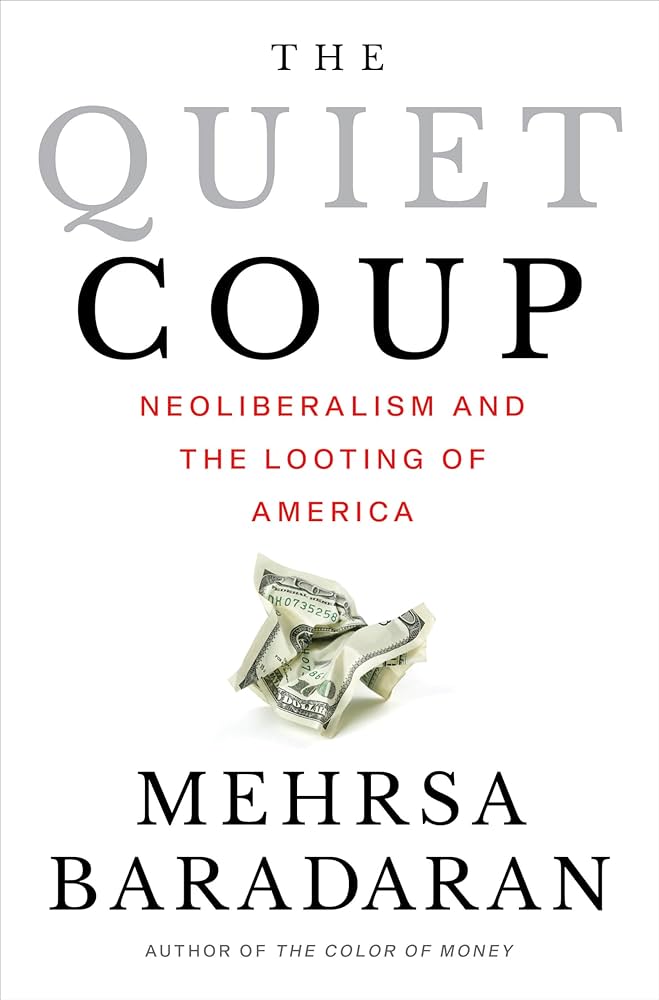Neoliberalism, an ideology and form of governance that came to power in the 1970s and ’80s, is commonly associated with the thought of a few influential economists—people like Friedrich Hayek and Milton Friedman. But how did the ideas of a small group of academics actually come to exert power in the world?
Neoliberal ideas had impact because they changed not only minds, but also laws. That might seem like a simple process: Ideas shape people, and then people lobby for legislation. This is the Schoolhouse Rock story of how ideas get into law, but a great deal of legal change occurs in ways much more obscured from public view. Judges interpret statutes and create constitutional rules that shape laws or invalidate them. Agencies reshape the law by making rules or giving official guidance to regulated entities. What lawyers believe the law requires has influence too, even where matters never get to court, because so many people today rely upon lawyers to tell them what they may do or say. Law schools train a great many elected officials and policy elites in the United States, making legal education a profoundly important place of political acculturation.
Legal academics and historians, many of us associated with a new “law and political economy” scholarly movement, are beginning to trace the story of how ideas from the Mont Pelerin Society and neoclassical economics became lodged in legal texts of all kinds. The Quiet Coup, by Mehrsa Baradaran, arrives as the first mainstream book to draw together and elaborate that work. It impressively weaves complex ideas into readable stories, and should help bring a critically important history to a wide audience. But it also has some gaps, and suggests at the end—though not in so many words—that there may be no real way out of the world that neoliberalism has wrought.
Baradaran, a professor of law at the University of California, Irvine who teaches banking and contract law, is known for her work on the racial wealth gap. In this book, she assimilates a vast amount of material that seeks to show how, as she puts it, neoliberal ideology “infected our politics, creating a complex and impenetrable network of laws and regulations that has created a system which is inherently unfair.”
